detail profile dawn beret

Info Pribadi
Peran Yang Di Mainkan Dawn Beret
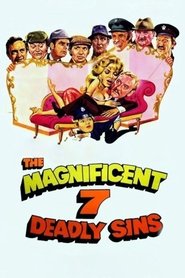 The Magnificent Seven Deadly Sins is...
The Magnificent Seven Deadly Sins is...The Magnificent Seven Deadly Sins 1971
The Magnificent Seven Deadly Sins is a 1971 British comedy film directed and produced by Graham Stark. Its title is a conflation of The Magnificent Seven and the seven deadly sins. It comprises a sequence of seven sketches, each representing a sin and written by an array of British comedy-writing talent. The sketches are linked by animation sequences. The music score is by British jazz musician Roy Budd, cinematography by Harvey Harrison and editing by Rod Nelson-Keys and Roy Piper. It was produced by Tigon Pictures and distributed in the U.K. by Tigon Film Distributors Ltd..
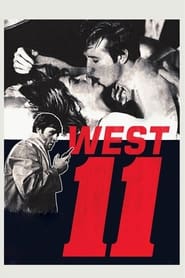 Joe Beckett seasoned citizen of the...
Joe Beckett seasoned citizen of the...West 11 1963
Joe Beckett, seasoned citizen of the bedsitter belt, aged about 22, is the renegade son of modest, respectable parents and, to use his own description, 'an emotional leper'. He decides that he needs a violent shock to shake him back into life, and as a result accepts a commission to carry out the murder of a total stranger for a man he meets in a coffee bar...
 A web of blackmail and murder...
A web of blackmail and murder...Victim 1961
A web of blackmail and murder attracts the attention of a barrister with a seemingly idyllic life, threatening to derail his career on the path of success.
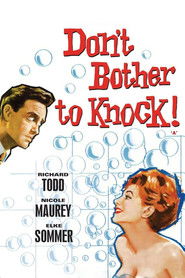 An Edinburgh travel agent loses his...
An Edinburgh travel agent loses his...Don't Bother to Knock 1961
An Edinburgh travel agent loses his keys and his fiancé in one night. A friend finds the keys and makes loads of copies with his address attached as a joke. She gives them to him as he leaves for a holiday. He gives the keys to several women he romances across the continent. He gets engaged again by phone and arranges to meet his fiancé at his flat, but the flat isn't empty...
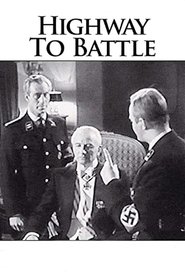 Months before the out break of...
Months before the out break of...Highway to Battle 1961
Months before the out break of WWII, suspicion falls on a German ambassador when one of his envoys fails to return to Berlin. The arrival of two Gestapo agents searching for the missing man causes the ambassador and his family to rethink their Nazi allegiance but is it too late to escape from Hitler's evil grasp?
 A wristwatchsmuggling gang bring watches into...
A wristwatchsmuggling gang bring watches into...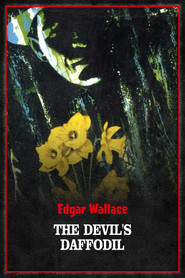 A Chinese detective breaks up a...
A Chinese detective breaks up a...